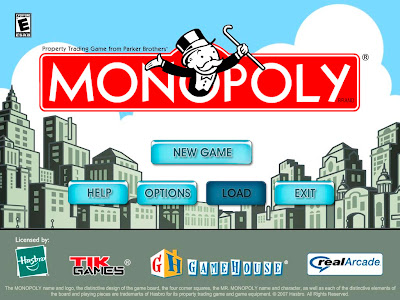 Like diving into a murky lake from the rocky cliffs looming above, plunging into Empire: Total War is an intimidating prospect but an exhilarating experience. As with previous games in this strategy franchise, there's an overwhelming amount of content to unearth, though now the clock has been spun forward hundreds of years. Technological advances have made bows and arrows weapons obsolete, the British colonies strive for independence, and major empires approach their inevitable collapse. These historical waters are deep, but also a bit turbulent. Empire is the biggest and broadest Total War yet, and like an aging historical parchment, it's brilliantly ambitious in scope but somewhat tattered at the edges. Nevertheless, the game's historical breadth, turn-based tugs-of-war, and enjoyable real-time battles (both on land and at sea) will transfix series fans and newcomers a like.
Like diving into a murky lake from the rocky cliffs looming above, plunging into Empire: Total War is an intimidating prospect but an exhilarating experience. As with previous games in this strategy franchise, there's an overwhelming amount of content to unearth, though now the clock has been spun forward hundreds of years. Technological advances have made bows and arrows weapons obsolete, the British colonies strive for independence, and major empires approach their inevitable collapse. These historical waters are deep, but also a bit turbulent. Empire is the biggest and broadest Total War yet, and like an aging historical parchment, it's brilliantly ambitious in scope but somewhat tattered at the edges. Nevertheless, the game's historical breadth, turn-based tugs-of-war, and enjoyable real-time battles (both on land and at sea) will transfix series fans and newcomers a like.The grand campaign is the meat of Empire: Total War, and it's there where you're likely to spend the most amount of time. The game stretches across the 18th century and lets you choose from a number of world powers, from Great Britain and Russia to fallen domains such as the Maratha Confederacy and the Ottoman Empire. Once you choose an empire, you can select from a few different campaign types that determine victory conditions and campaign length. Whichever you decide, be prepared: Even a short, 50-year campaign can take a good amount of time to complete, given that each turn requires strategic thinking on multiple fronts. Battles usually determine how regions are won and lost, but diplomatic relations, economic strangleholds, assassinations,











